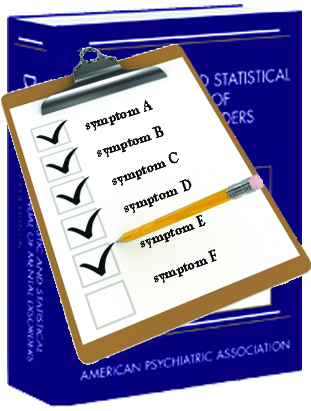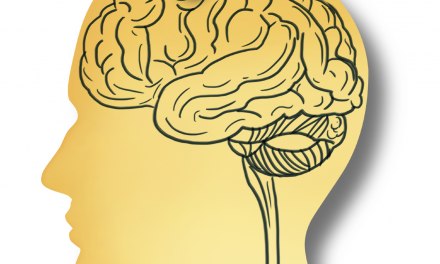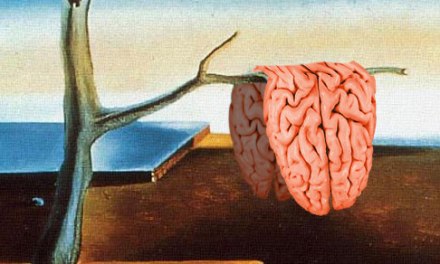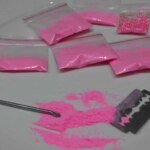This article features a description of one man’s experience when tapering off antidepressants after a long period of dependence. That’s a fairly hot topic, given how far overboard the American healthcare system went in their enthusiasm for this new and exciting class of drugs. Prozac and Zoloft to name two. The writer happened to describe himself as an addict, and promptly got jumped on. Dependent, sure, his critics maintained. But not addicted.
It can be confusing. Most Americans think of addiction in terms of the painful withdrawal that makes quitting a real challenge. But in recent years, behavioral health practitioners have come to view that as dependence, separate from addiction.
One reason for the shift: users of stimulants such as cocaine and methamphetamine do not experience the intense short-term withdrawal typical of heroin. The latter would be comparable to a bad case of flu. Yet stimulant addicts can experience all the other key characteristics of addiction: powerful, persistent craving, loss of control, and continued use despite painful consequences.
So in that respect, they do qualify as addicted– in spades.
To accommodate them, addictionologists adapted their definitions. Now it’s possible to be addicted without dependence, or dependent without addiction. Technically, at least. DSM5 allows for both, so it’s not really an issue there. But it’s still confusing for many people outside the field, since unlike psychiatry, they don’t revise their thinking every couple decades.
With alcohol, I’ve seen cases where physical dependence appears to exist without obvious loss of control. Longterm maintenance drinkers, for instance, who eventually experience the classic symptoms of alcoholism and wind up in detox. They’re usually quite surprised at this turn of events. “Yeah, you could call me a heavy drinker,” they insist. “But I’m no alcoholic.”
But I sometimes wonder. Is that an example of simple physical dependence on alcohol, of a type that gradually turns into full-blown addiction? or is it a sign of nascent addictive disease that has been present all along (from early in the drinking), just in a very slow-progressing form?
We’ll have to wait for genetic science to provide an answer. But it could certainly make a difference in prevention and treatment.













